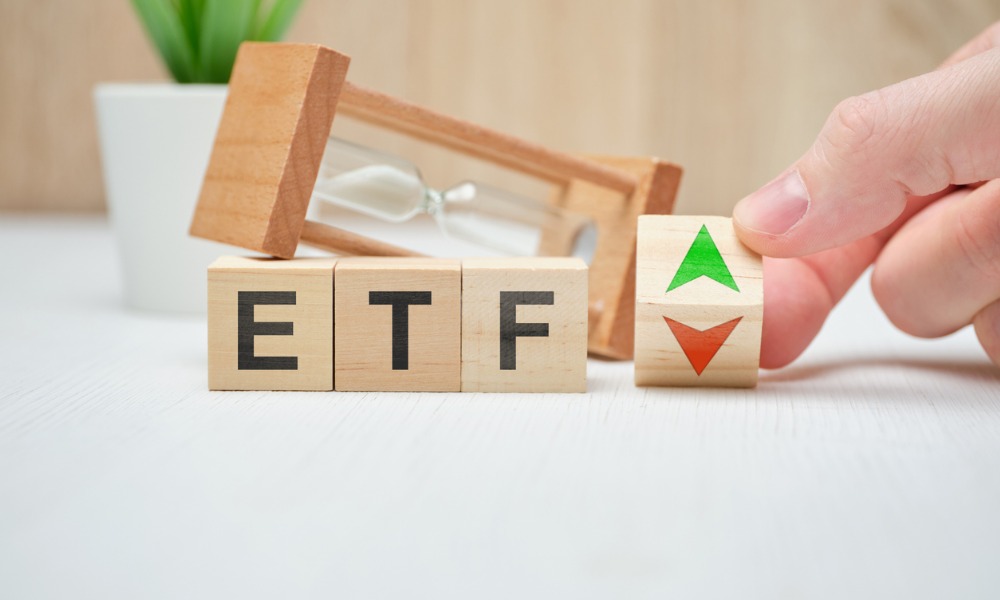Canadian firm's CEO says new ETF is doing something 'special' with value and momentum

CEO Rod Heard happily admits that SmartBe Wealth’s team are disciples of Eugene Fama, the Nobel prize-winning economist whose research birthed quantitative investing. This is not merely wishful association. The Alberta-based ETF firm partners with index-provider Alpha Architect, whose leader Wes Gray had Fama as his thesis advisor.
From this base, SmartBe has launched four concentrated factor funds that are now trading on the NEO Exchange. The SmartBe U.S. Quantitative Value Index ETF (SBQV) invests in the 50 highest quality US publicly traded value stocks, while the SmartBe Canadian Quantitative Value Index ETF (SBCV) invests in the 20 highest quality Canadian publicly traded value stocks.
Meanwhile, the SmartBe U.S. Quantitative Momentum Index ETF (SBQM) seeks to identify the 50 highest quality U.S. publicly traded momentum stocks, and the SmartBe Canadian Quantitative Momentum Index ETF (SBCM) invests in the 20 highest quality Canadian publicly traded momentum stocks.
The “value” style behind the first two ETFs invests in securities that are considered undervalued based on quantitative analysis compared to other securities. The second pair of ETFs invest in securities with higher recent total return performance than other securities.
Fama’s pioneering work in 1964 has had a long-lasting impact in the investment industry. Thousands of professionals now base their decision on factors that consistently perform better than other stocks over time. SmartBe has focused on equity value and equity momentum, and believes its methods separate it from other products.
Heard said: “We’re doing a couple things that are special; we’re using different ways to determine value, to determine cheapness. Almost all of the other funds use price to book and they line the 100 Canadian companies up and figure out which are the most expensive, which are the cheapest, and then buy the cheapest ones.
“We're using something more aligned to how private equity works. We're using total enterprise value to EBIT to sort cheapness. If you look at the datasets and what academics have determined, total enterprise value to EBIT is a better way of capturing the value factor and is more robust in the returns.”
The company is also using academic price momentum as a means of price winners. Most others are using fundamental momentum, which is based more on an earnings basis. Heard said: “We don't care about earnings, we're just looking at the stock price, and there's a lot of evidence in the academic world that [says] looking at stock prices is a very good way to capture this factor return.”
The funds are also concentrated factor funds. Most quantitative shops create a fund by taking the whole TSX 60 and then use math to overweight the value component. SmartBe only buys 20 companies in the Canadian market and 50 in the U.S. market. This allows exposure to the factors without getting exposure to the index, setting the table for a “set-it-and-forget-it” quant strategy.
Heard explained: “What we're noticing in the market is that these indices are trending towards zero. If you just want to get market exposure with Fidelity or Vanguard or any of these other big shops, you're only paying three or four basis points. So why would you buy the index in any sort of factor funds?
“We've determined that there's a real potential cost savings for people to get their market exposure by buying cheap beta funds, and include these highly concentrated factors to get their factor exposure. By doing that you can reduce the overall cost of building robust portfolios.”



